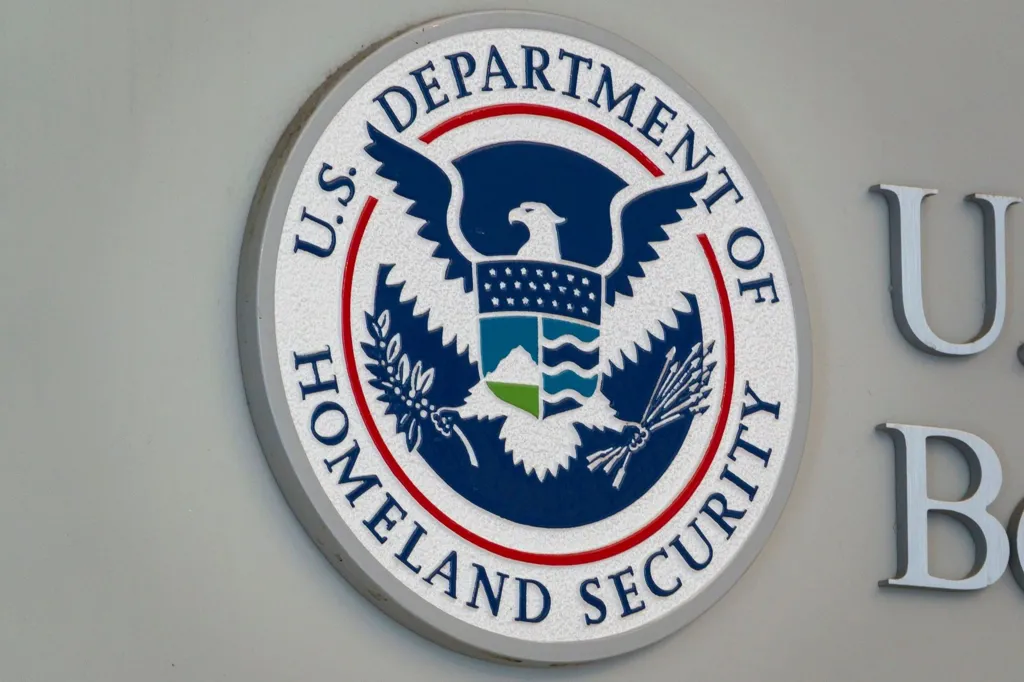In a sweeping and controversial policy shift, the Biden administration has announced that hundreds of thousands of immigrants, previously protected under the humanitarian parole program, will now be required to leave the United States. The decision, confirmed Thursday by the Department of Homeland Security (DHS), affects individuals from Cuba, Haiti, Nicaragua, and Venezuela, and has ignited intense national debate over immigration policy, legality, and morality.
What Is the Humanitarian Parole Program?
Originally rooted in Cold War-era legislation, the humanitarian parole program was designed to provide temporary safe haven to individuals fleeing violence, political oppression, and humanitarian crises. During President Biden’s term, the program was expanded to include citizens from four politically unstable countries—Cuba, Haiti, Nicaragua, and Venezuela—granting them two-year temporary protection from deportation.
The Sudden Shift: From Protection to Deportation
The DHS estimates that 531,670 individuals currently reside in the U.S. under this expanded parole initiative. However, with the new directive, many of them may soon face deportation. The administration’s shift in tone—from protection to enforcement—has shocked both immigration advocates and affected families.
The Biden administration now argues that the initial success of the program, which reportedly resulted in a 98% reduction in illegal crossings from the four countries, justifies a return to stricter immigration controls.
Who Will Be Affected by the New Policy?
While DHS released an overall figure of over half a million individuals, it’s still unclear how many will be directly affected. Some parolees may have adjusted their status through other legal pathways or obtained permanent residency.
Still, for many, this decision could mean abrupt disruption to lives they’ve built in the U.S.—jobs, families, and communities suddenly thrown into uncertainty.
Supporters Say It Closes Loopholes; Critics Warn of Humanitarian Crisis
Supporters of the policy argue that the parole expansion created opportunities for abuse and weakened border control. Trisia McLaglin, a DHS spokesperson, criticized the program as “disastrous,” claiming it allowed individuals with questionable backgrounds to remain in the country, threatening American jobs and security.
Conversely, critics argue that sending people back to nations plagued by poverty, political unrest, and violence is not only inhumane but also contradicts America’s long-standing values as a refuge for the oppressed. Many immigrants now facing deportation have lived law-abiding lives, raised families, contributed to the economy, and integrated into local communities.
A Political Gamble Ahead of the 2024 Elections
The timing of the announcement—just months before the 2024 presidential election—has raised speculation that the move is politically motivated. With immigration expected to be a hot-button issue in the campaign, analysts suggest the administration may be trying to appease conservative voters critical of what they consider lax immigration enforcement.
This new stance marks a notable shift away from Biden’s earlier promises of compassionate immigration reform and draws comparisons to the Trump-era “tough-on-immigration” playbook.
Legal and Human Rights Challenges Mount
Multiple advocacy groups are preparing legal challenges, arguing that the sudden revocation of protections violates both U.S. asylum laws and international human rights obligations. The volatile conditions in countries like Haiti and Venezuela make deportation especially dangerous for many of those affected.
Immigration experts have warned that the reversal could result in chaos, family separations, and humanitarian crises both within and outside the United States.
The “Exit Bonus”: A Controversial Attempt at Softening the Blow
In an effort to ease the transition, DHS has offered a $1,000 “exit bonus” to those who voluntarily return to their home countries. While intended as a goodwill gesture, many critics see it as insufficient, considering the challenges awaiting returnees in nations facing economic collapse, gang violence, and political persecution.
Calls for Comprehensive Immigration Reform Grow Louder
This policy shift has once again highlighted deep flaws in the U.S. immigration system. With millions of individuals residing in legal limbo and pathways to citizenship often unclear or unavailable, immigration reform remains one of the country’s most pressing and divisive political issues.
Advocates call for a system that balances national security with human dignity, and demand long-term solutions over short-term political maneuvers.
Conclusion: What Lies Ahead for U.S. Immigration Policy?
The Biden administration’s decision to end protections for over half a million immigrants marks a significant—and controversial—turn in U.S. immigration policy. As legal battles unfold and political rhetoric escalates ahead of the 2024 election, the fate of these immigrants hangs in the balance.
This development serves as a stark reminder of the complexity of immigration reform. The U.S. continues to walk a tightrope between security and compassion, law and humanity. Whether this policy change will bring meaningful immigration reform—or further polarization—remains to be seen.
One thing is clear: immigration will remain at the heart of the American political debate for years to come.

